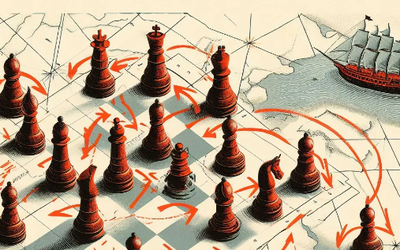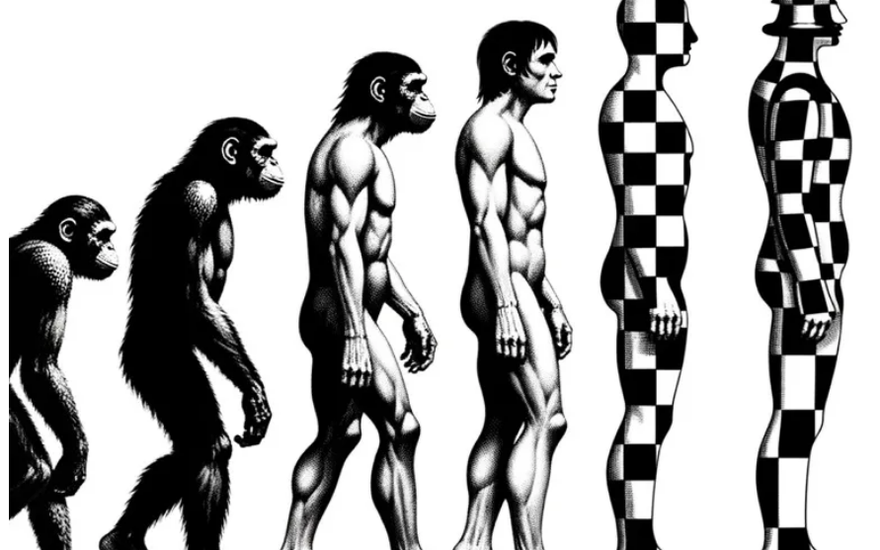
Is Chess Culture Important for Improving at Chess?
Should we really ignore all books written before 2000?This was originally posted on saychess.substack.com. The newsletter goes out to +4,000 chess players. If you haven't joined yet, sign up now and get the ebook '100 Headachingly Hard Mate In Two Puzzles Composed By Sam Loyd' for free.
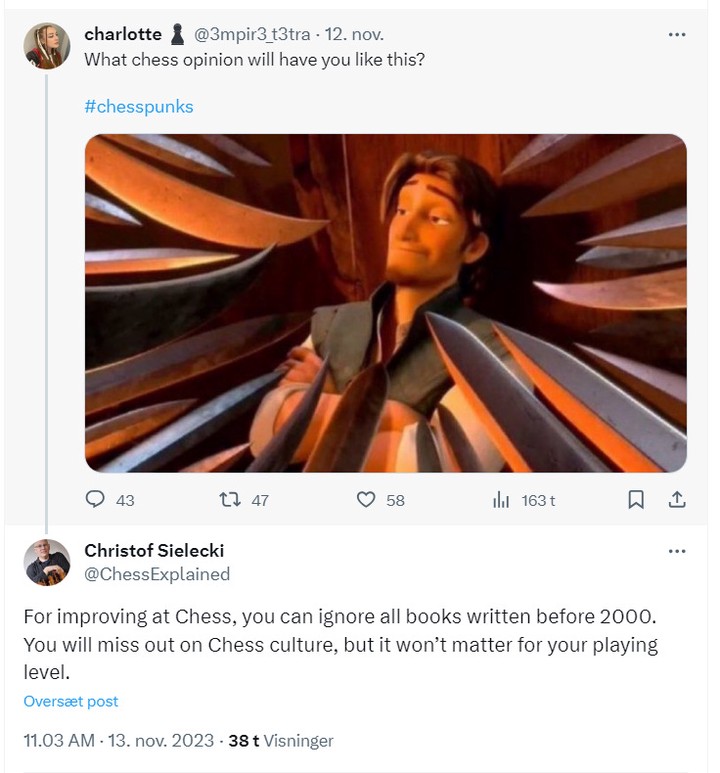
In the last week, the above tweet has gotten a lot of attention. IM Christof Sielecki wrote the most controversial response. Should we really ignore all books written before 2000?
It is definitely a bit provoking to read. I have spent a lot of time reading old books with dated language and ideas. I even republished a new edition of ‘Chess Fundamentals’ by Capablanca. I always think there is some truth to be found in old books. They can be like a mirror showing you what changed over time. By reading old literature we get the chance to travel back in time and visit old words, ideas, or ways of thinking. They may not be true today, but the fact that they were true to the writer at the time is still important knowledge. We have inherited these thoughts from our predecessors and we build upon this knowledge today. As Alan Watts said in this quote:
“We seldom realize, for example, that our most private thoughts and emotions are not actually our own. For we think in terms of languages and images which we did not invent, but which were given to us by our society.”
― Alan Watts
This is also true for chess books. Each new chess book builds upon the combined knowledge of all books already published. Therefore logically Sielecki is correct to conclude the newest engine-checked books should be the best. Huge advances besides engines have also been made in learning science and formatting that make chess books more accessible today.
The strategies, openings, and tactical ideas we see today didn't emerge in a vacuum but were developed over centuries of play, influenced by the greatest minds in the history of chess. By studying classic games and books, players gain insights into the thought processes and creative solutions of past masters, offering a deeper appreciation and understanding of chess.
When we look in this mirror into the past we might also see moves that were given an exclamation mark that the engines today judge as a mistake. In my mind comparing ways of thinking across time is a helpful way to understand how to think about a subject. We get a different perspective to compare with our own contemporary engine-checked way of thinking about chess. It places the knowledge in a broader context.
I think what is worrying some about recommending old chess books is that they fear that this will be their only reference point on chess and that they will learn the wrong way of thinking. In my mind, the risk of only studying one time period, the current, is that we become one-dimensional in our way of thinking.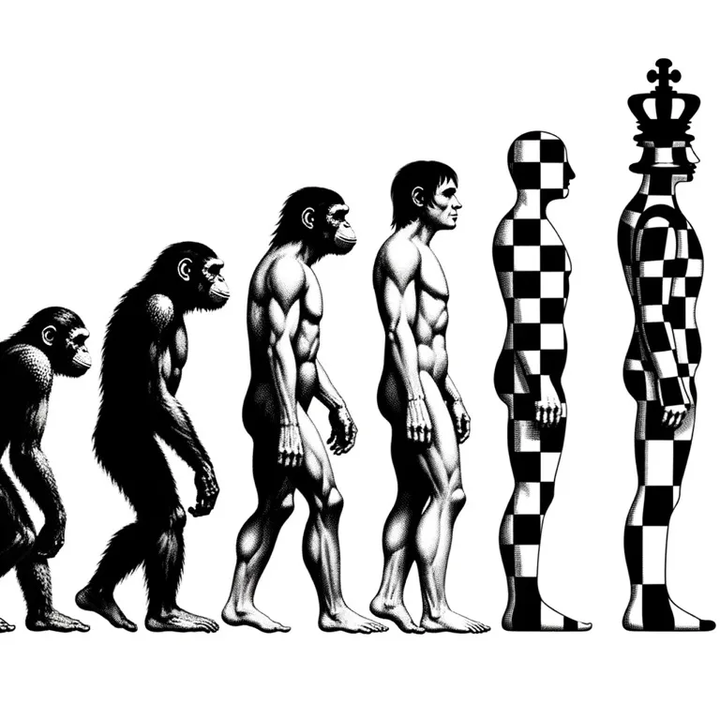
If we forget how we arrived at our current understanding of chess, how will we be able to move forward?
In chess theory, as in human evolutionary theory, progress is built upon the foundation of past knowledge and experiences. Just as our ancestors' adaptations and learnings shaped our current existence, the historic developments in chess theory have molded today's game. However, the evolution of chess engines has introduced a new dimension to this narrative. While these engines offer precision in analysis, they also risk overshadowing the human element that has been at the heart of chess culture for centuries. If we focus solely on the 0.35 vs. 0.67 evaluations of engines, we may lose the ideas and depth of chess.
This shift challenges us to find a balance between embracing technological advancements and preserving the culture that is central to chess. Chess culture and history not only enrich our appreciation of the game but also equip us with a diverse arsenal of ideas and perspectives. In my opinion, we have a better chance to succeed in learning from past masters than trying to transform our human brains into Stockfish.
To truly move forward and innovate in the world of chess, I think we must embrace its past, understanding that our current knowledge is a mosaic of collective wisdom, enhanced but not replaced by the precision of modern engines.
By saying all this I’m not saying Sielecki is wrong, but do we really want it to be true?
/Martin
More blog posts by SayChessClassical
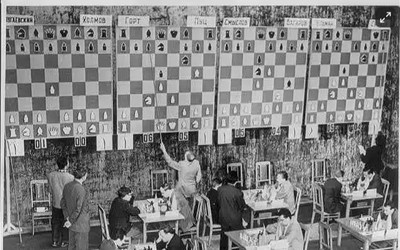
The Great Eval Bar Debate: Chess.com's Broadcasting Style
Should chess tournament broadcast feature an eval bar or not?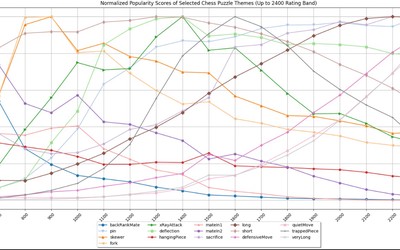
Normalized Popularity Scores of Selected Chess Puzzle Themes on Lichess
The other day I entered into a debate with GM Jacob Aagaard and IM Andras Toth on X about whether ta…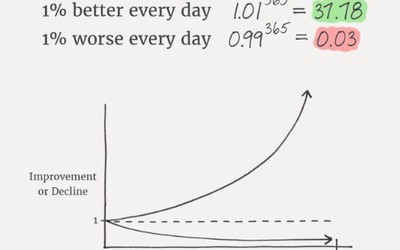
The Flawed 1%-Method for Exponential Chess Growth
This diagram is flawed. It is from James Clear who made the bestselling book Atomic Habits. In Germa…